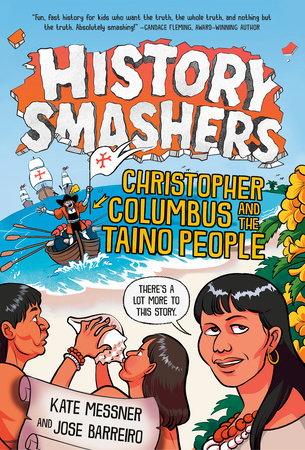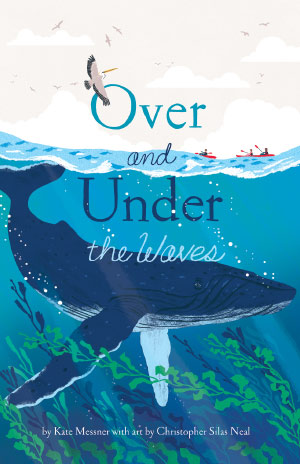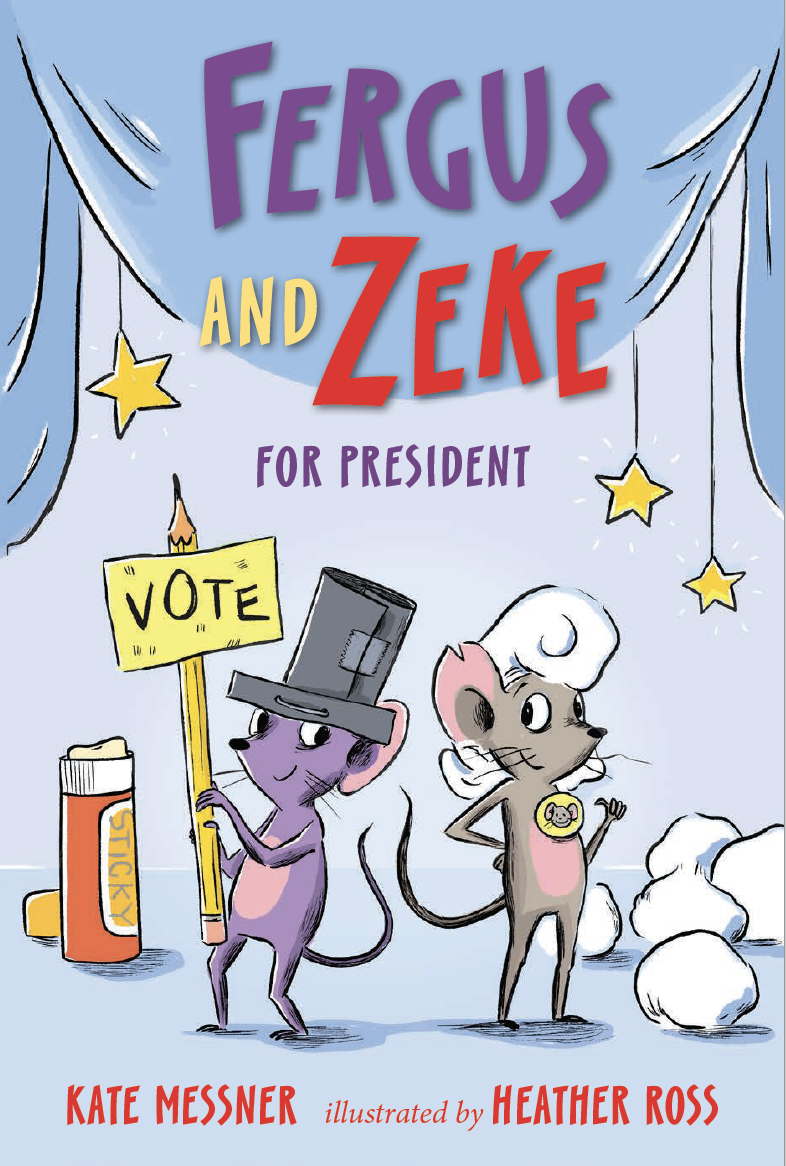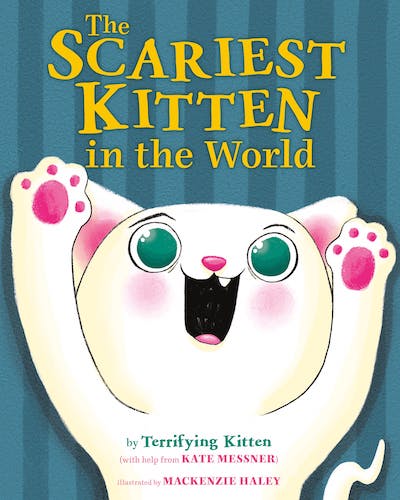When I was teaching seventh grade English, one of the most important things I ever taught my students was this:
Words are powerful. We own the words that come out of our mouths, and we own the impact those words have upon the world and the people around us. So use your words well. Use them carefully. Use them for good.
Today, I want to talk about some words I’ve heard coming out of grown-up mouths lately. Words spoken by great people. Words that were meant as friendly, harmless fun, I’m certain. Words that are having an impact that their speakers probably didn’t intend.
I was honored to be part of a magnificent panel at the Texas Library Association Convention this week. “It Can’t Be Science! It’s Fiction!” featured six authors of science-based novels and chapter books for young readers – two men and four women. It was one of the most enjoyable panels I’ve ever been on because the conversations felt rich, smart, organic, and fun. I so appreciated that the organizers made it a point to include both men and women, something TLA and ALA have been working hard to do. But at the same time, something about the panel troubled me.
I sat between Megan Frazer Blakemore, who wrote THE WATER CASTLE and THE SPY CATCHERS OF MAPLE HILL, and Nate Ball, who writes the ALIEN IN MY POCKET chapter book series. Both are talented writers, kind human beings, and brilliant thinkers who share a passion for science and getting kids excited about it. Both inspired me with their words and their genuine excitement for their work. And I think most of the people in our nearly all female audience would agree on that.
But Megan and Nate saw different reactions from the crowd. Megan, from what I saw, received some lovely compliments on her books and her presentation. Nate did, too. He was also asked for photographs. Someone came up to him and said, “Oh! You are hot! I’d heard you were hot.” Other comments were easy to pick up as people filed out of the room.
“He is so cute!”
“I wonder if he does school visits!”
“He’s just adorable.”
Now, I’d never fault anyone for thinking those things. Nate, a PBS personality, is by all accounts, a perfectly good-looking guy. But is that really want we want to focus on in the words we speak aloud? On a panel about science in books for young readers? I’d argue that doing so produces a couple of results that the good-hearted people who spoke them probably didn’t intend.
1) It devalues Nate’s work. He’s an accomplished mechanical engineer who owns his own company, has devoted much of his life to doing cool science things, and now devotes even more of it to helping kids discover science. He is also someone’s son, someone’s husband, and someone’s dad. As teachers and librarians, we tell our students that the things that matter are character and kindness, curiosity and passion and hard work. These would be wonderful things to praise aloud, whether the writer/speaker is male or female.
2) It sends a strong message to the people who put together panels for teachers and librarians: Teachers and librarians like panels with men. Cute young men are good. Bonus points if they are also funny and charming. And while many cute, young, charming, funny men are also darn good writers, the end result of filling panels with these men is that publishers are leaving out women who might be just as talented, funny, and smart. Words matter. When we gush over writers because they are men, when we say, “He’s just adorable!” what publishers hear is “Send us your men. We will buy their books.” And publishing is a business. So that is what happens. It is happening more and more often.
Today’s Publisher’s Weekly headline shouts, “Four Children’s Luminaries Headline BookCon Panel at BEA!” In a world where statistically, women write more of the books, our luminaries are men. Why? Maybe because that’s what we’ve been asking for with our words. And words are powerful.
I’ve been that teacher in the audience before – the one who turns to a friend and says, “He’s adorable!” I didn’t think anything of it. I didn’t think I was helping to perpetuate sexism in an industry where even though women write more books and hold more editorial positions, men hold a disproportionate number of spots on bestseller and award lists. Conversations like this one, mostly had with my colleagues, have changed the way I think about that kind of comment.
It’s not harmless, no matter how I intended it. It affects the male colleagues whose work I respect, the female colleagues who should be getting the same kind of attention but aren’t, and perhaps most importantly, the kids. When we send out an all-male panel, we are sending a strong message to our girl writers. This business of making funny, popular books? It does not belong to you.
We all speak some words that we wish we could take back. We all carry biases of one sort or another, as readers, as writers, as teachers, as librarians, as humans. And the very best thing about being a person with powerful words is this: we get to think about the impact of our words. We get to choose every day, which ones we speak aloud.





So well said. I embrace great writing from men and women authors, so would love for that great writing to be recognized in a more proportionally accurate way.
Very thoughtful assessment and insights, Kate, as usual — thank you!
Thank you for this, Kate. As a writer with a series where the protagonist is a boy, I have often been told boys don’t like to read books written by women. My fan mail says otherwise. Kids like good books, pure and simple. They don’t care who writes them. It’s the adults that take the convincing …
Thank you for this, Kate. I couldn’t agree with you more on this!
Thank you for putting forth this important topic so clearly, Kate.
Thank you for posting this so quickly. It motivated me to put my own thoughts into words: http://www.meganfrazer.com/2014/04/speakingupfindingfish/
Thanks so much for this, Kate. So many of us think about this, and I’m glad the discussion is becoming more public.
Thank you for this wonderful post. I can understand all of the criticism and discomfort you and others have expressed about a female librarian telling a male book author, “You are so hot.” No one would question the inappropriateness of a man saying this to a woman author, so there should be no doubt that it was equally inappropriate when the tables are turned.
We are all human beings and we can have opinions about the attractiveness of our colleagues. But professional, respectful people keep these opinions to themselves. Not only does it invalidate their work like you said, but it sends the message that physical attractiveness is more important than intelligence. As a librarian, I am offended and embarrassed by my colleague who appears to have no professionalism, sense of propriety, and basic manners. It sends the message that the field of librarianship is made up of foolish, silly women and not highly trained professionals.
Thank you so much for your thoughts.
This is a powerful post. I never thought of it that way and now I will be more cognizant of what I see and what I say or respond to. I too want to see women writers succeed and top the best-seller lists and receive more awards. We have deep wisdoms in our writings and it should be shared and recognized more widely,
Kate,
I’m jumping into your comments (hoping others read comments) to add another dimension to your post. As a Native woman/mom/scholar/critic, I am so weary of the too-many words/phrases people use that, in one way or another, denigrate Native people. An example: “off the reservation” — there was a time in US history when Native people could not leave the reservation without permission of the federal agent assigned to our reservation. Native men and women were shot and killed for going “off the reservation” without permission. Another one I hear too much: “wild Indian” — I hope I don’t need to explain that one, but goodness! It is said so much to children who are deemed out of control or misbehaving. When it is said in my presence, the person is horrified to realize what they just said. It is awkward for both of us when it happens.
Thank you for adding to this conversation, Debbie. Our words – the words we choose, the impact they have, and the way we choose to own that impact (or not) – are such an important part of any conversation that has to do with diversity and inclusion. I appreciate you joining this one.
What you wrote is so true. I’ve heard similar responses. At dinner one night, Nikki Grimes mentioned she’d like to be invited to be a poet on a panel and not a female, African-American poet on a panel. The thing I noticed about everyone on the panel was their passion for getting the science into hand of kids. That’s the important focus. Think what you want but consider what you say. Any woman would take offense at a comment of that sort, so why would women be okay with it. Spreading the word is one solution to make others aware of the power of words.
Your work to make this panel successful is so very much appreciated, Shirley. I think we all appreciated not only the mix of men and women but also the real variety in the *kinds* of stories – so many ways to celebrate science! Thank you – again – for your work!
Also…while I wanted to share this story to make us all more mindful of our words, I also hope that the person who made that comment goes easy on herself if she sees this. She was being genuinely enthusiastic, and I believe she meant nothing but appreciation for Nate’s books as well as his looks. Sometimes, when we are excited or nervous, we’d all like to pull back the words that came flying out of our mouths.
Thank you, Kate. Thank you.
Although I agree with everything you said, and agree we need to be careful of the messages we send, I think you too need to be careful. By making the comment that “Teachers and librarians like panels with men. Cute young men are good. Bonus points if they are also funny and charming.” You are sending the message that all teachers and librarians are women. As a male elementary teacher, it is comments like this that make the world see me with less respect (why is he teaching elementary, could’t he make it in high school, or couldn’t he get a real job), or view me as a curiosity. I would just ask that you are cognizant of making sure you use the same bias less comments.
This is a much needed topic to address. Thank you for posting your thoughts, Kate. I hope it encourages more conversations about this issue in the children’s writing community.
Kate – Thanks voicing so well what so many of us have been noticing and talking about. I hope this gets a conversation going within every committee that invites authors to appear at conferences and workshops everywhere, at all levels.
Thanks for starting / continuing this discussion. I’ve shared this out to my social media followers.
I’m glad you dared to write this, Kate.